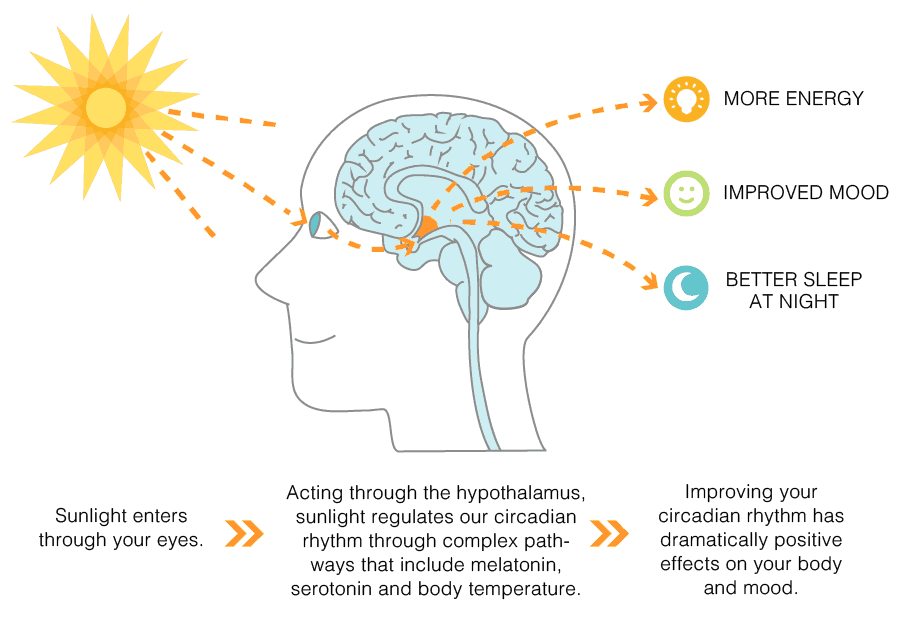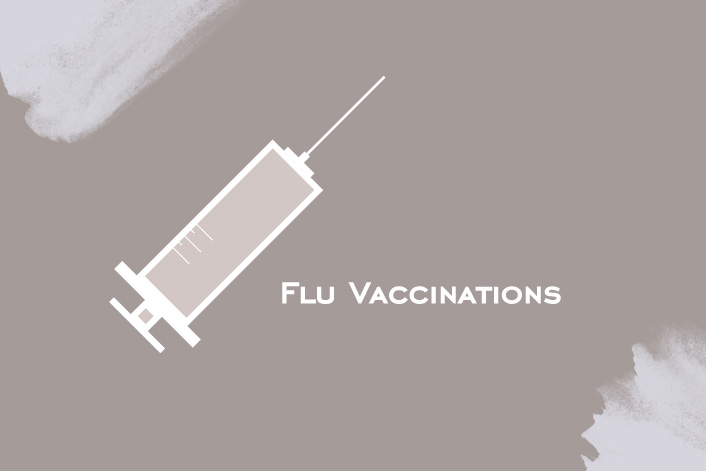This might seem like a silly question, but the answer may just surprise you. We’ve all heard the reference to someone having a “sunny personality” where the relationship to the sun and happiness is highlighted. But is there more to the metaphor than just the smiley sun we draw from the earliest of ages? Does the sun actually have the ability to induce happiness? And if it does what elements are at work? With an abundance of sunshine in Australia, it makes sense to capitalise on any benefits it can bring you.
You could be excused for the conclusion that the reason you feel better when you’re getting sun time is because you’re likely taking time off work and relaxing. No wonder you feel good! Reactive happiness is valid. However, longer lasting happiness is what we are interested in here and yes, the sun is a real magic weaver.
The Sunshine Vitamin
Sunshine is the best natural source of Vitamin D that we have. It is fairly common knowledge that safe exposure to natural sunlight is essential so that we get a regular dose of Vitamin D. The main process that benefits from this is bone health but increasingly studies are pointing to Vitamin D being essential for maintaining many other bodily functions. A happy mood is one of the stand out effects, so let’s find out why.

The Happy Hormone
Serotonin is the brains happy hormone. Fluctuations in this chemical can cause a person to feel their happiest or their lowest depending on the circulating levels. Vitamin D has been found to up-regulate these levels. So in simple language, Vitamin D actually increases serotonin levels and as sunshine delivers the dose – it is directly responsible for this. But is this the only mechanism at play?
Melatonin The Mood Lifter
Melatonin is also a hormone with a strong relationship to our mood. SAD (seasonal affective disorder) is a depressive disorder which occurs in environments where there is little sunshine over the season. Sunlight regulates melatonin release as it weaves its magic in collaboration with the bodies’ “third eye” – the pineal gland. So this is a second sunshine induced “happy hormone”. Our circadian rhythm (or sleep/wake cycle) relies on melatonin. If we are sleeping well, we are generally happier as well.
Shine On!
It’s easy to see that sunshine can bring happiness to our lives more than we have previously realised. It’s not just the creator of the perfect setting for happy activities that we can all share in – it is fuelling us up with happy hormones in the process. So, say hello to sunshine today



